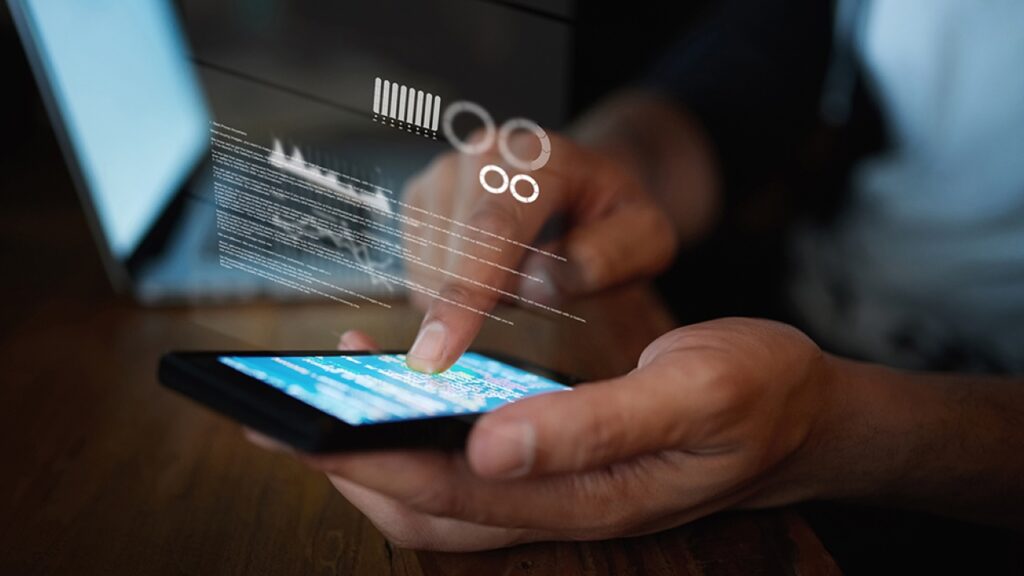We might sometimes get curious about how phone hacking works, perhaps even considering it a novel way to pry into a friend’s life. However, hacking is illegal and full of potential pitfalls, making you an easy prey for cybercriminals. Our smartphones contain sensitive information about us, and any breach can lead to disastrous consequences. So, how can your phone be hacked?
Remote hacking of your phone: A real threat?
Contrary to what many believe, hackers don’t need physical access to your phone to steal personal information. They can target your device remotely. If you’re not careful, passwords, social security numbers, bank account information, text messages, photos, and almost everything else could fall into the hands of hackers.
Hackers invent unique ways to infiltrate and monitor people’s smartphones. Typically, they look for vulnerabilities in the phone’s operating system to hack or convince people to download malicious software. Furthermore, they can create fake Wi-Fi networks and direct you to harmful websites once you connect your phone.

They can also hack you through SIM swapping. They transfer your phone number to their device and gain access to your account. To avoid this, you should know how to prevent SIM swapping. They can send you an email with a malicious link and trick you into clicking on it. Such emails or texts may look very realistic, and sometimes distinguishing between a malicious and a legitimate site can be complex.
Signs of a hacked phone
If you notice these things on your Android or iOS smartphone, there’s a chance you might be targeted by a cybercriminal:
- Unusual increases in data usage.
- Excessive battery consumption.
- Prolonged app launch times.
- Random phone reboots.
- Strange pop-ups.
- Background noise.
- Apps you don’t recall installing.
- Strange phone calls.
- Unusual activities on your phone-linked accounts.

After doing everything to remove the hacker from your phone, you should also change your device’s password, all social media, Apple ID or Google account, email, and online banking account passwords. When you’re done, ensure you’ve set strong passwords for your accounts.
How to stop hackers from entering your phone?
There are a few precautions you can take to protect your smartphone and all the personal information inside it from hackers:
- Lock your smartphone: Create a strong password to lock your device’s screen. If your phone also has Touch ID or Face ID, set that up.
- Don’t turn on mobile data or Wi-Fi unless necessary: This can prevent malicious software from using your data.
- Turn off your access point in crowded places: This makes it easy for a hacker to access your device while it’s open, and if you’re using this feature, make sure you’ve set a strong password.
- Never click on suspicious links. It could be disguised malicious software.
- Make sure your device and apps installed on it are up-to-date: This means you’re also installing security patches for security vulnerabilities, along with performance updates.
- Don’t jailbreak your phone: This can increase the likelihood of your smartphone being attacked later.
- Use an extra layer of security: Two-factor authentication would be the best option for this.
- Install an antivirus app. If possible, this app should also be safe and have a high download count.
What are your thoughts on this subject? Please share your thoughts with us in the comments section below!













